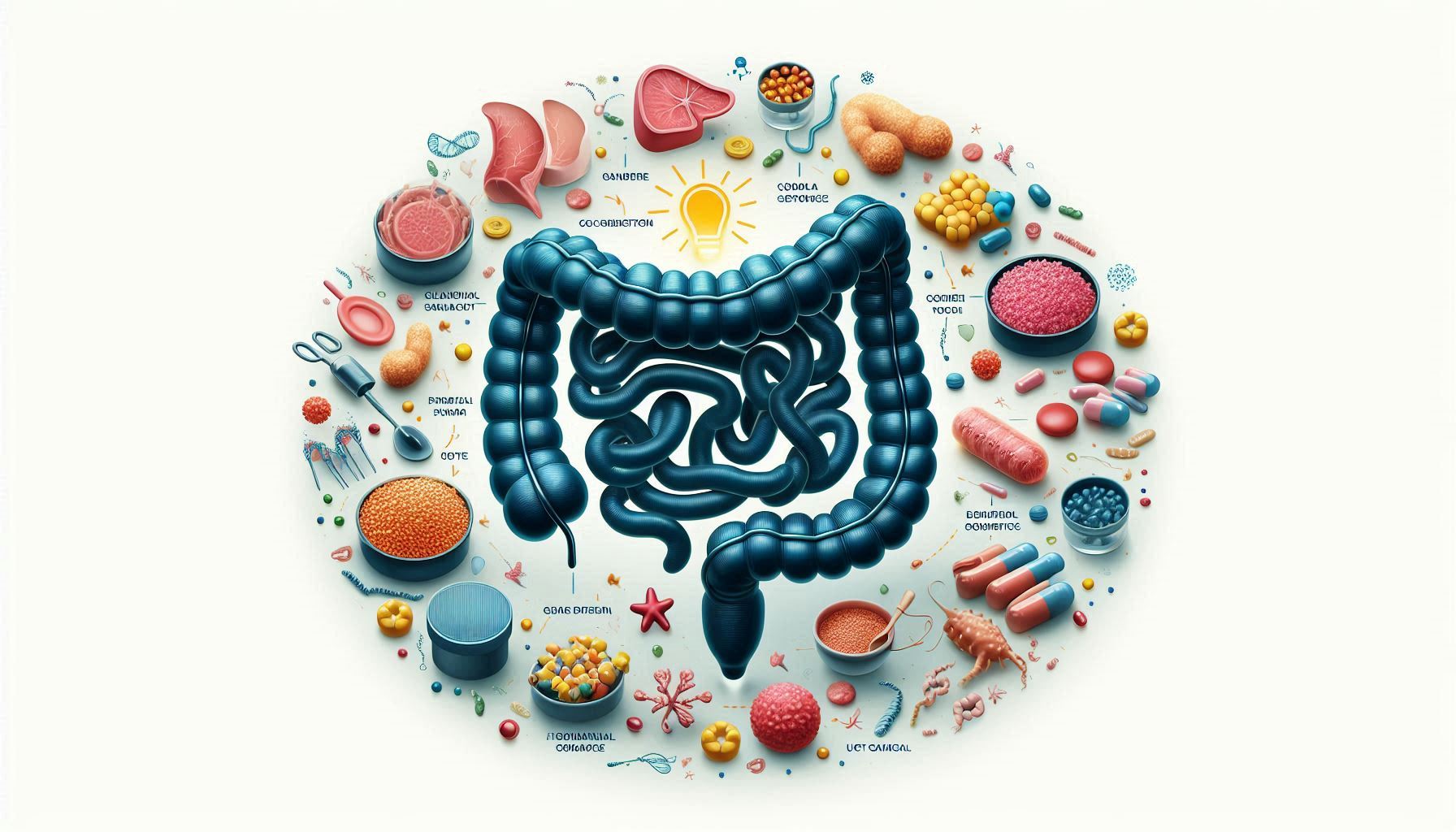As we age, maintaining cognitive health becomes increasingly important. Cognitive decline can affect memory, decision-making, and overall quality of life. While genetics and lifestyle factors play a role, nutrition is a key player in supporting brain health. In this article, we’ll explore how specific nutrients and foods can help prevent cognitive decline and promote a healthy brain as we age.
1. Understanding Cognitive Decline
Cognitive decline refers to the gradual loss of cognitive abilities, including memory, attention, and reasoning skills. It can be a normal part of aging, but certain factors can accelerate this process, such as poor diet, lack of physical activity, and chronic health conditions. Research suggests that a healthy diet can help mitigate these risks and support brain function.
2. Key Nutrients for Brain Health
Several nutrients are particularly beneficial for cognitive health:
– Omega-3 Fatty Acids: Found in fatty fish like salmon, mackerel, and sardines, omega-3s are essential for brain health. They help build brain cell membranes and have anti-inflammatory properties that may protect against cognitive decline.
– Antioxidants: Foods rich in antioxidants, such as berries, dark chocolate, and leafy greens, help combat oxidative stress, which can damage brain cells. Vitamins C and E, found in citrus fruits and nuts, are particularly important.
– B Vitamins: B vitamins, including B6, B12, and folate, play a crucial role in brain function. They help produce neurotransmitters and support overall cognitive health. Good sources include whole grains, legumes, eggs, and dairy products.
– Vitamin D: Low levels of vitamin D have been linked to cognitive decline. Sunlight exposure is the best source, but it can also be found in fortified foods and fatty fish.
– Polyphenols: These compounds, found in foods like green tea, berries, and red wine, have been shown to improve brain function and reduce the risk of cognitive decline.
3. Brain-Boosting Foods
Incorporating specific foods into your diet can help support brain health:
– Fatty Fish: Aim for at least two servings of fatty fish per week to boost omega-3 intake.
– Berries: Blueberries, strawberries, and blackberries are rich in antioxidants and can be easily added to smoothies, yogurt, or oatmeal.
– Leafy Greens: Spinach, kale, and broccoli are packed with vitamins and minerals that support cognitive function. Try adding them to salads, soups, or stir-fries.
– Nuts and Seeds: Walnuts, almonds, and flaxseeds are excellent sources of healthy fats and antioxidants. Snack on them or sprinkle them on salads and cereals.
– Whole Grains: Foods like brown rice, quinoa, and whole-grain bread provide essential B vitamins and fiber. They help maintain steady blood sugar levels, which is important for brain function.
– Dark Chocolate: In moderation, dark chocolate can be a delicious way to boost brain health, thanks to its antioxidant content.
4. Lifestyle Factors to Consider
While nutrition plays a vital role in preventing cognitive decline, it’s essential to consider other lifestyle factors as well:
– Physical Activity: Regular exercise increases blood flow to the brain and promotes the growth of new brain cells. Aim for at least 150 minutes of moderate-intensity exercise each week.
– Mental Stimulation: Engage in activities that challenge your brain, such as puzzles, reading, or learning a new skill.
– Social Connections: Maintaining strong social ties can help reduce the risk of cognitive decline. Stay connected with friends and family, and consider joining clubs or groups that interest you.
Conclusion
Nutrition is a powerful tool in the fight against cognitive decline. By incorporating brain-boosting foods and essential nutrients into your diet, you can support your cognitive health and enhance your quality of life as you age. Remember, it’s never too late to make positive changes to your diet and lifestyle. Prioritize your brain health today for a brighter tomorrow!









Leave a Reply